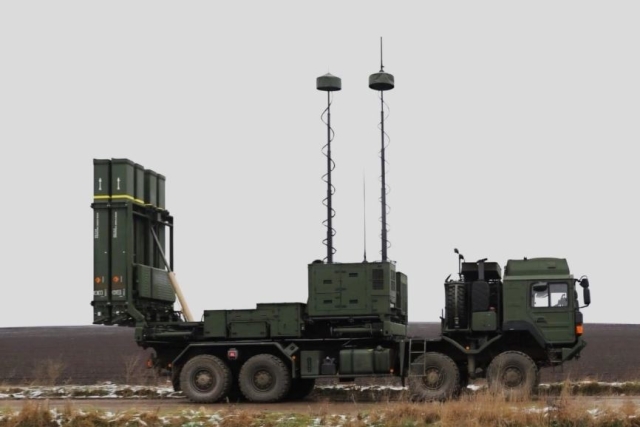Pentagon Seeks $961.6B in FY26 Budget for Golden Dome, Sixth-Gen Jet, Shipbuilding
Hegseth tells Senate the plan boosts military readiness, expands naval fleet, and funds sixth-generation fighter jets under new defense strategy

U.S. Defense Secretary Pete Hegseth and Air Force Gen. Dan Caine, chairman of the Joint Chiefs of Staff, appeared before the Senate Appropriations Committee today to outline President Donald J. Trump’s recommendations for discretionary defense funding in fiscal year 2026.
Although the full FY26 presidential budget has yet to be published, the White House’s proposal includes a significant rise in defense spending — $961.6 billion for the Department of Defense alone, up $113.3 billion from the FY25 enacted levels. The total national security budget would surpass $1 trillion.
“This budget provides a historic level of funding for military readiness — putting our warfighters and their needs first,” Hegseth told lawmakers. “We are rebuilding our military.”
Hegseth said the administration has been shaping the FY26 budget since January to align with President Trump’s national defense priorities. He emphasized the proposed funding marks the end of “four years of chronic underinvestment” and focuses on revitalizing the defense industrial base, reforming acquisition, and rapidly deploying new technologies.
The FY26 request includes more than $62 billion for nuclear modernization. Hegseth called the U.S. nuclear triad the “silent foundation” of deterrence, noting key investments in Columbia-class submarines, Ground Based Strategic Deterrent ICBMs, and B-21 Raider bombers.
The budget also includes $25 billion for the Golden Dome for America — a homeland defense initiative — and $3.5 billion for the F-47 Next Generation Air Dominance platform, described as the first crewed sixth-generation fighter aircraft.
On naval investments, Hegseth told senators the proposal includes $47 billion for shipbuilding, which would deliver 19 new ships. Over $6 billion is earmarked for strengthening the shipbuilding industrial base.
When asked about the administration’s defense strategy, Hegseth highlighted the interim National Defense Strategy (NDS) released in March, describing it as the primary tool for aligning budget decisions. The full NDS is expected by late summer and is being developed under the direction of the undersecretary of defense for policy.
The interim NDS centers on homeland defense, strategic competition in the Indo-Pacific, and burden-sharing among allies. “It drives almost all of our decision-making,” Hegseth said.
Lawmakers pressed for details on how the strategy would be reflected in long-term planning, but the secretary emphasized that the current investments already align with the interim priorities.
“The budget request puts us on a path to deter rising nuclear threats and maintain our global edge across air, land, and sea,” Hegseth said.












